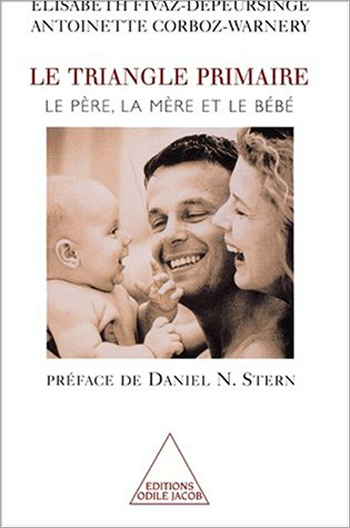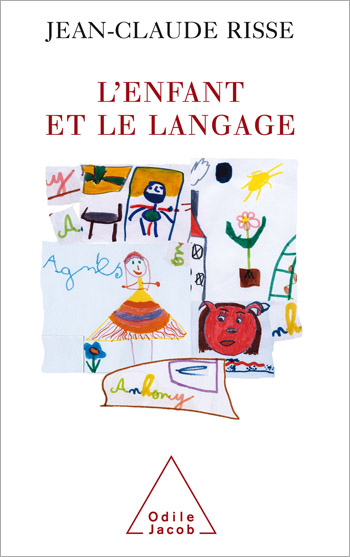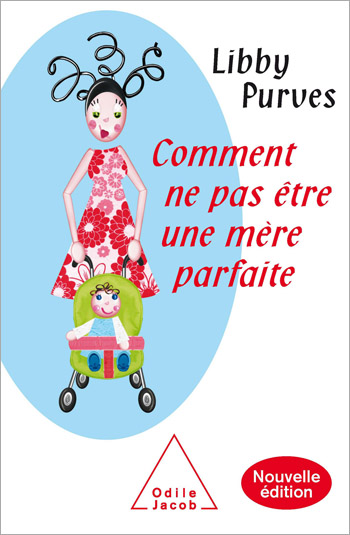Child development All books
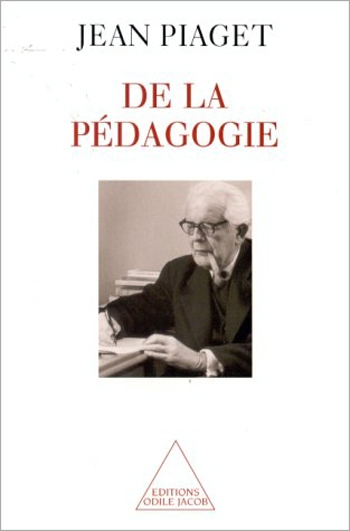
Jean Piaget
Of Education
What is the teacher's role and how important is it in a child's education? Should this role include the shaping in the child's mind of the tools with which to grasp and comprehend the world? How should activities be presented so as to be easily understood by children? What are the difficulties that children encounter when resolving mathematical problems? Pedagogical methodology, the role of the educator, and the child's autonomy : these are some of the subjects that Piaget reflected on throughout his life and which remain central to educational concerns today.
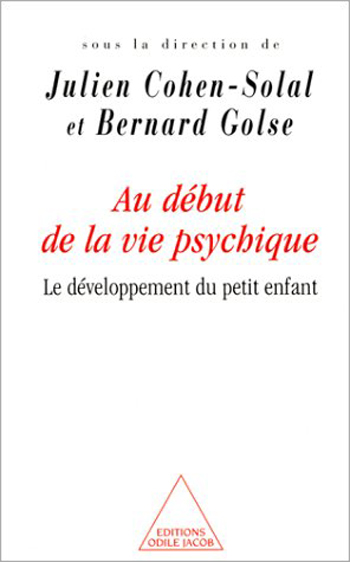
Julien Cohen-Solal, Bernard Golse
At the Beginning of Psychological Life The development of the small child
This collection of articles, written by some of the world's greatest specialists in child and infant care, deal with the child's development, inherent potential, and interaction with their environment and family from 0-3 years old; early childhood bonding, the role played by outside stimuli, the workings of the unconscious, the impact of affectivity on intelligence, the appearance of thought, the development of speech, the growth of the consciousness of self, sexuality, and the child's relations with its mother, father, and siblings.. This book will be a useful tool both for parents who wish to understand their child's development and for childcare professionals who wish to keep up with recent research. Julien Cohen-Solal is the co-author, with René Frydman, of My Pregnancy, My Child. Bernard Golse heads the child-psychiatry service at the Hôpital Saint Vincent de Paul, in Paris, and teaches psychiatry at the University of Paris-V.
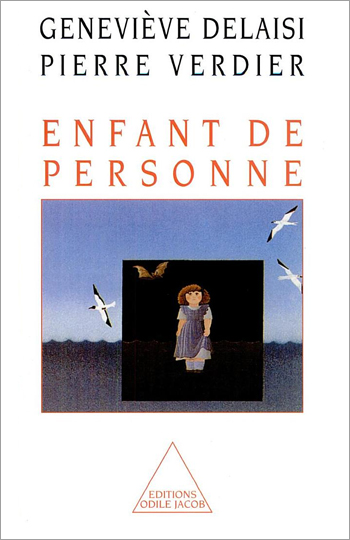
Geneviève Delaisi de Parseval, Pierre Verdier
Nobody's Child
Adoption and medically assisted procreations reflect the same suffering and ask the same questions. In both cases, the institution, in the name of a mistaken conception of filiation, weighs upon the children's head with an absolute secrecy as to its biological origins. The authors show in this book the consequences this secrecy has upon the psychology of children and parents.
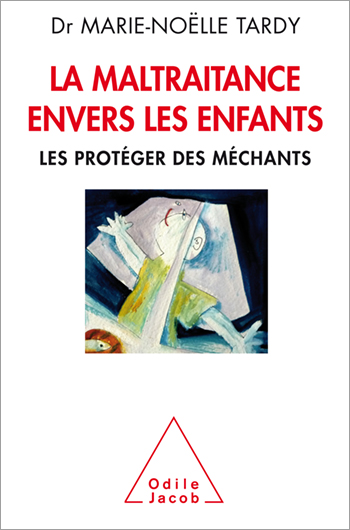
Marie-Noëlle Tardy
Child Abuse
Information on child abuse is essential if we are to protect children and prevent abuse
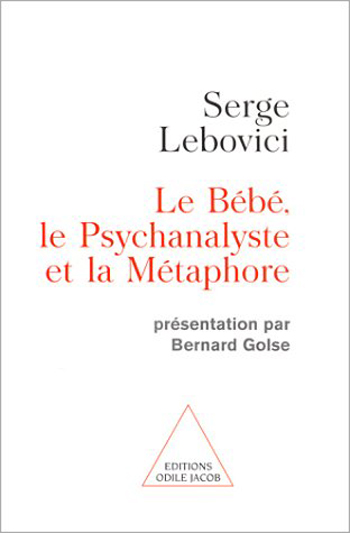
Serge Lebovici
The Baby, the Psychoanalyst and the Metaphor Presented by Bernard Golse
This exceptional document, the last work of Serge Lebovici, traces the history of metaphor as a concept for philosophers, linguists,and psychoanalysts. It particularly shows why this notion constitutes the keystone of psychic ontogenesis and of all therapeutic activity. A psychoanalyst, and professor of child and adolescent psychology, Serge Lebovici was the president of the International Psychoanalytical Society.

